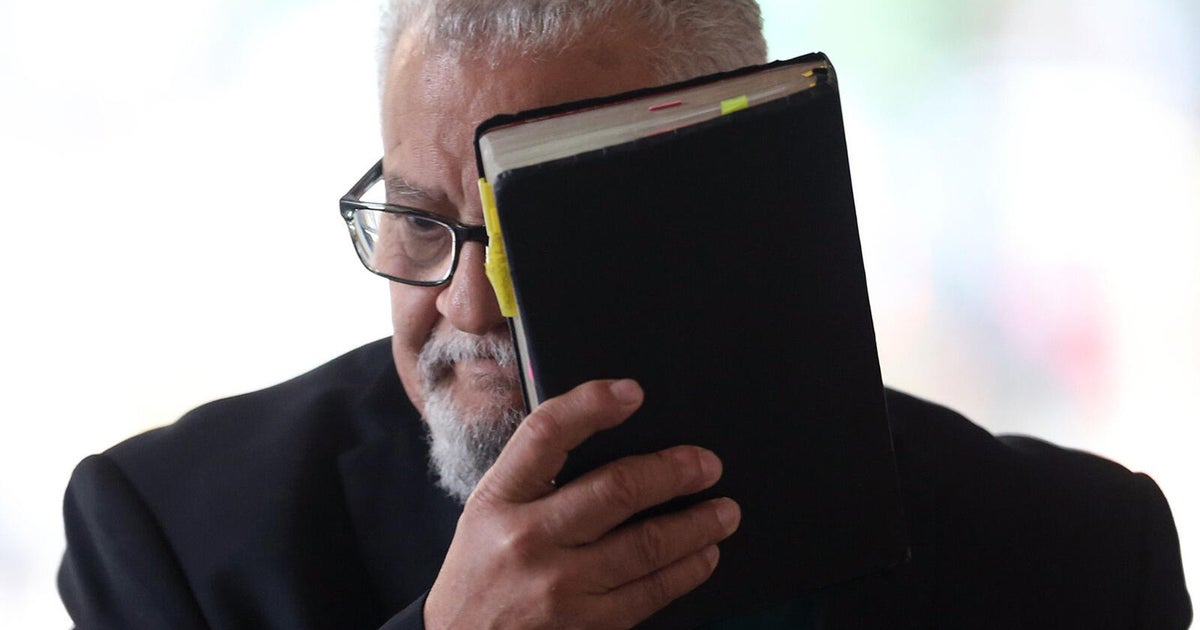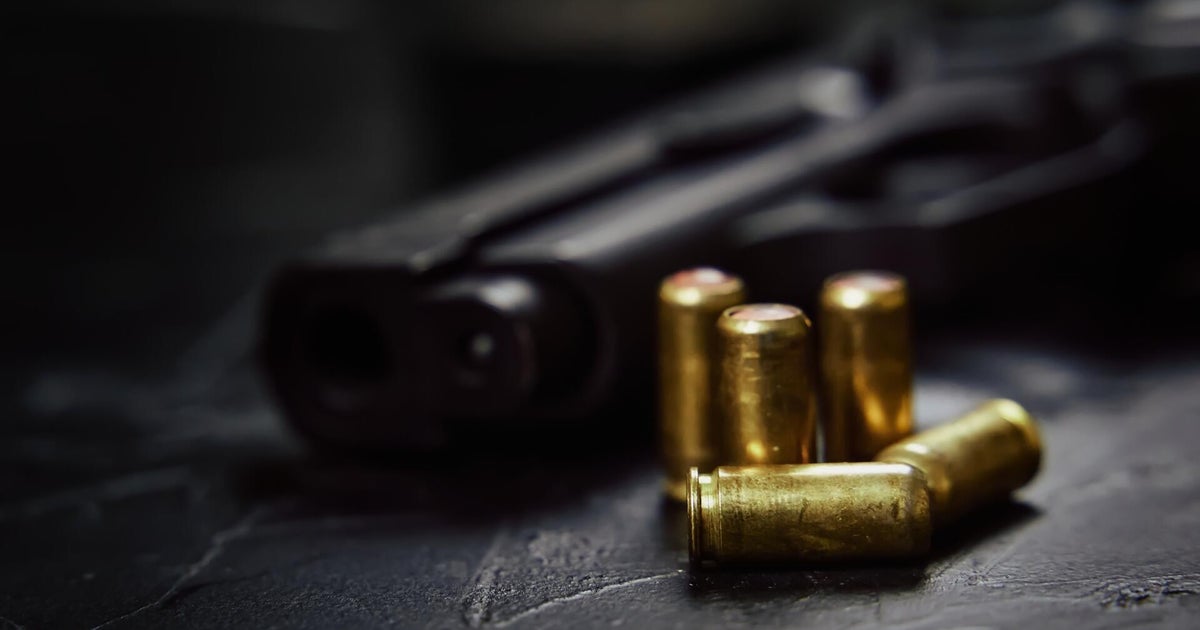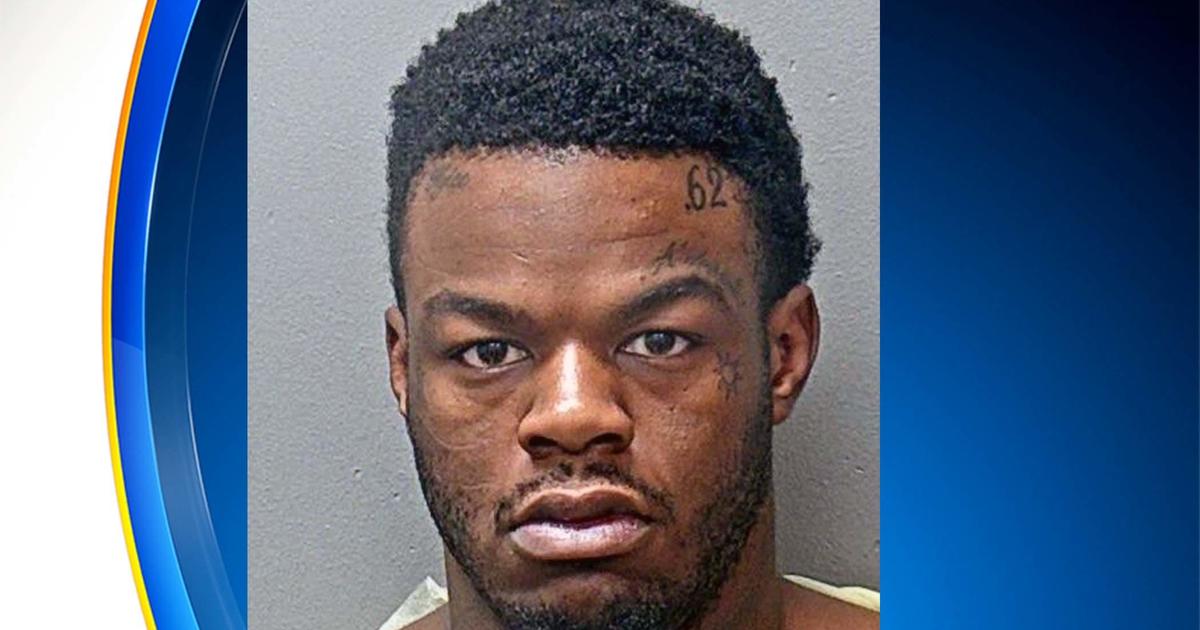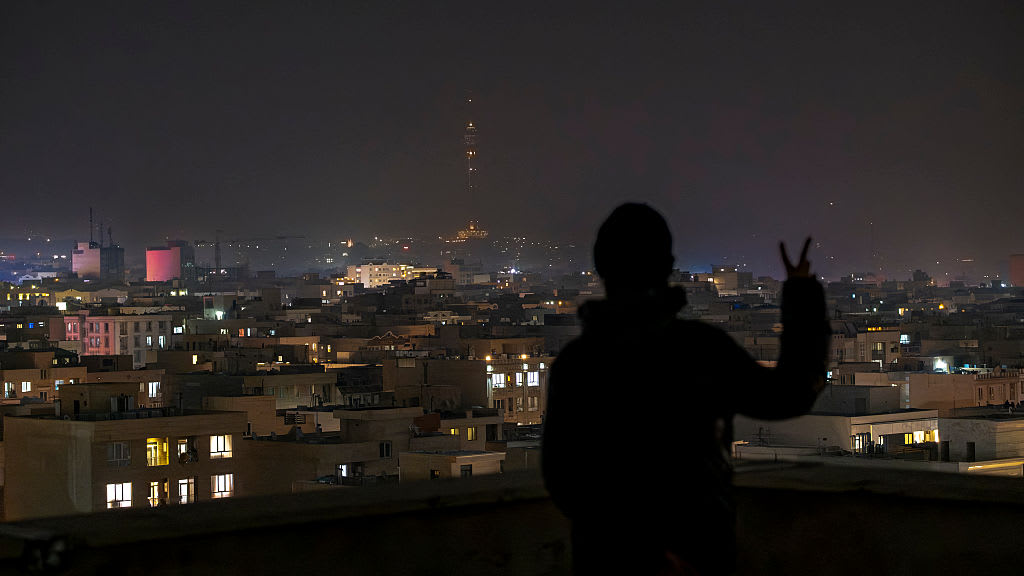Iran under international pressure to spare life of wrestler facing execution
International sports groups are intensifying calls for Iran to spare the life of a wrestler, warning that he could be executed as early as Wednesday. Iran's Supreme Court recently upheld two death sentences against Navid Afkari, who is accused of murdering a security guard during anti-government protests in Shiraz in 2018.
The 27-year-old has filed a complaint, saying he was forced to make false confessions while under "the most severe physical and psychological torture."
"We are literally at one minute to midnight," said Brendan Schwab, executive director of the World Players Association, which represents 85,000 professional athletes.
The association is asking Iran to drop the charges against Afkari and to investigate reports of his abuse. Afkari has local fame as a wrestler, a popular sport in Iran.
Schwab told CBS News that because of difficulty communicating with Afkari's family, he was "terribly worried" that the execution could take place at any time.
Rob Koehler, the director general of Global Athlete, a lobbying group for athletes that is also pushing for Afkari's release, said his organization heard from sources inside Iran that the execution is imminent.
"There's no question in my mind ... he's been sentenced to death for peaceful protest and to be made an example of," Koehler said. "He's being used as an example, and that's why we're calling on all athletes to speak up."
Both Global Athlete and the World Players Association are calling on the International Olympic Committee – as well as United World Wrestling, the international governing body for amateur wrestling – to warn Iran that it would be suspended from competitions should the execution take place.
Mark Adams, a spokesman for the IOC, told CBS News that it has been in "constant contact" with Iranian Olympic officials and the Iranian Wrestling Federation, "which are doing their utmost to facilitate a solution."
IOC president Thomas Bach added the organization is "very concerned about this case. "
"We have to stick to our principles - our principle to respect sovereignty and the judicial system of sovereign countries," Bach said. "On the other hand, Navid is an athlete and we feel close to him."
The calls for clemency are growing as Afkari's parents demand an immediate medical examination of the wrestler before "signs of beatings" disappear. In a letter to the head of Iran's judiciary published Wednesday, they said that in the past few days, Afkari and his two brothers – who were also arrested after participating in the 2018 protests – were transferred to solitary confinement in an unknown location and severely beaten. Afkari's brothers, Vahid and Habib, are serving lengthy prison sentences.
President Trump spoke out for Afkari last week, tweeting that the wrestler's "sole act was an anti-government demonstration in the streets." He added: "To the leaders of Iran, I would greatly appreciate if you would spare this young man's life, and not execute him. Thank you!"
Two days later, Iran aired Afkari's confession on state-run television. The Iranian regime is known to carry out executions secretly and informing family members afterward, according to Hadi Ghaemi, executive director of the Center for Human Rights in Iran.
But he added that in addition to international pressure on Iran, opposition within Iranian society against the death penalty has been growing.
"This is really a cultural shift, that the majority of the population now doesn't accept capital punishment ... especially when it comes to political cases," Ghaemi said.
For example, he said, in July Iran halted the executions of three young men who were sentenced to death over anti-government protests, after a hashtag against their executions was used millions of times online. Afkari's case has drawn the attention of a social media campaign, which is using the hashtag #SaveNavidAfkari.
Iran executed 251 people last year, more than any country after China, according to Amnesty International.




